ENTERTAINMENT LAW
TUESDAYS & THURSDAYS
5 PM PT / 8 PM ET
3 JUN 2025 - 24 JUL 2025
DURATION:
7 WEEKS
TUESDAYS & THURSDAYS
5 PM PT / 8 PM ET
From contracts to crises — handle it all. Gain the legal know-how to safeguard deals, assess contracts, and negotiate in entertainment.
Latha Duncan, a former Director of Business & Legal Affairs at Lionsgate, is going to teach you the legal skills to back up creative vision and business strategy.
THIS COURSE IS FOR YOU, IF...
-
YOU WANT TO LEAD EFFECTIVE CONTRACT NEGOTIATIONS
Whether you’re negotiating talent agreements, securing brand deals, or navigating complex rights, this entertainment law course gives you the legal fluency to do it with confidence. Learn how to get favorable terms, protect creative assets, and maximize revenue across platforms — all while keeping your deals airtight and your projects running smoothly.
-
YOU NEED TO SAFEGUARD INTELLECTUAL PROPERTY
Maybe you're licensing content, negotiating platform exclusivity, or safeguarding your IP — either way, we’ll give you valuable insights applicable across multiple fields. Learn how to structure revenue-sharing models, navigate copyright complexities, and manage disputes. Turn legal expertise into a competitive advantage for your business.
-
YOU NEED TO HANDLE FINANCING OR FUNDING FOR A PROJECT
For film & TV executives out there: funding your project is one thing — making it profitable is another. We’ll teach you how to secure funding, negotiate distribution deals, and protect your bottom line. Learn how to navigate profit participation, rights management, and entertainment financing — so your project isn’t just made, but made to succeed.
Our students work in 1600+ companies worldwide
Negotiate smarter, protect better, think bigger.
The fine print matters. Learn how to navigate contracts, protect intellectual property, structure advantageous deals, and negotiate professionally. Master legal strategy to keep talent and projects secure.
In entertainment, knowing the law is your competitive edge.
We’re equipping you with practical legal knowledge to make informed business decisions. All under the guidance of an expert with over a decade of experience navigating the complexities of media and entertainment law.
- Director of Business & Legal Affairs, ex-Lionsgate
- Advised on major entertainment deals at Lionsgate, handling film financing, acquisitions, and distribution agreements.
- Negotiated key output agreements with production partners, supporting both domestic and international sales teams.
- Co-founded a nonprofit focused on educating industry professionals on the business and legal aspects of film & TV.
- Moderated industry panels at USC, NYFA, and top film festivals, leading discussions on entertainment law and business.

Get into the swing of things — meet your instructor, cover some general housekeeping, and get an idea of what to expect in the course.
- Instructor introduction
- General housekeeping
- Course & assignment overview
Connect the dots between key industry players, and the legal frameworks that govern their interactions and relationships. Learn how these relationships influence business decisions and why legal concepts such as intellectual property ownership or contract negotiation are so integral to the industry’s operations.
- Industry overview
- Key entertainment stakeholders
- Business models of different entertainment sectors
- Basic business structures for entertainment ventures
- Case study: CAA vs. Range Media Lawsuit
- Interactive Discussion: “Who’s Responsible?”
Delve into the differences between copyright, trademark, and right of publicity and how they are created, owned, and protected. Further understand how legal control over creative content drives business decisions, from licensing deals to talent agreements.
- Key types of intellectual property
- How IP rights are created, owned, and transferred
- Analyzing real-world scenarios to determine potential IP issues
- IP in revenue generation & business models
Assignment #1: IP Portfolio Analysis
Analyze a well-known property and identify all potential IP elements involved. Create a list of IP assets, specifying which legal protections apply, and outline strategies for managing and protecting these rights.
Navigate how the legal structure of contracts, such as offer, acceptance, and consideration, fit in with the real-world dynamics of deal-making in entertainment. Learn how specific contract clauses not only manage legal risks but also shape the creative and financial outcomes of projects.
- Key components of entertainment contracts
- Breakout Room Activity: Evaluate basic contract clauses
- Function of specific contract clauses
- Potential legal pitfalls in entertainment contracts
- Case Study: Dave Chappelle v. ViacomCBS
Assignment #2: Evaluating a Compensation Clause in a Talent Agreement
Review a compensation clause for a hypothetical deal between a streaming platform and an independent actor playing a secondary character in a major franchise. Analyze whether the clause aligns with the actor’s financial and career goals.
Class 4 highlights the interplay between contractual obligations and professional responsibilities in talent management. Explore how agents, managers, and attorneys operate within their legal and ethical boundaries when negotiating contracts that directly affect a talent’s creative control, financial success, and future opportunities.
- Difference between the roles and legal authority of agents, managers, and entertainment attorneys
- Key provisions in talent representation agreements
- Workshop #1: Representation Agreement Dissection
- Business and legal implications of representation decisions
- Potential legal risks in talent management
Explore the impact of financing strategies on project budgets, as well as creative control, talent compensation, and distribution rights. You will learn how business decisions are influenced by legal agreements.
- Financing models in film, television, and digital media
- Basic financing clauses
- Financing structures: Legal & business implications
- Case Study: Harry Potter and the Order of the Phoenix (2007) Hollywood accounting controversy
Assignment #3: Profit Participation Waterfall Analysis
Analyze the profit participation structure of a hypothetical film or TV project. Map out the revenue distribution process, assess key payment terms, and evaluate risks and opportunities for different stakeholders.
Legal agreements in distribution not only manage rights but also shape creative and financial decisions throughout a project’s lifecycle. Learn how distribution strategies determine revenue streams, influence contract terms, and affect the long-term value of intellectual property.
- Key distribution model differences
- Basic distribution contract clauses
- Distribution agreement legal structure
- Content monetization strategies
- Workshop #2: Global Release Challenge
Discover the influence of legal compliance with guild and union rules on contracts, and the entire lifecycle of an entertainment project. Learn how collective bargaining agreements (CBAs) directly affect budgeting, production schedules, talent negotiations, and even revenue distribution through residual payments.
- Guilds & unions
- Collective bargaining agreements (CBAs)
- Legal & business implications of guild & union regulations
- Case Study: Netflix & the IATSE Labor Dispute (2021)
- Managing labor-related legal risks strategies
International markets are often key revenue drivers for films, TV shows, and digital content. Explore how legal compliance, cultural considerations, and international treaties influence both business decisions and creative strategies in global entertainment.
- Legal challenges in international entertainment projects
- Impact of international treaties and conventions
- International productions: Legal risks
- Basic international contract clauses
Assignment #4: Adapting a Franchise for an International Market
Analyze the legal, business, and cultural considerations involved in adapting a well-known property into a foreign market. Assess potential challenges in securing IP rights, modifying content for local audiences, and structuring deals that balance creative control and financial success.
In entertainment, risks can arise from a wide range of issues. Learn how to anticipate and address risks, such as contractual breaches, intellectual property disputes, and labor strikes, to ensure the success and sustainability of creative projects. You will also learn strategies to prevent disputes and minimize liability.
- Сommon legal risks in entertainment projects
- Risk management strategies mitigating legal exposure
- Proactive risk assessment frameworks
- Basic risk management clauses for contracts
Assignment #5: Crisis Management Plan
Analyze a crisis scenario involving a new well-known TV series spin-off, identifying potential legal, PR, and business risks. Assess how the studio should respond to legal threats, public backlash, and financial risks while maintaining the show’s commercial success.
Learn to combine the risk management strategies from Class 9 with the legal tools used to resolve conflicts when they arise. You will dive into the mechanisms of dispute resolution - litigation, arbitration, and mediation - and understand how the choice of forum, governing law, and enforcement strategies can significantly impact the outcome of legal disputes.
- Key dispute resolution mechanisms
- Influence of contract clauses on dispute resolution strategies
- Case Study: Scarlett Johansson vs. Disney. Streaming Revenue Disputes
- Basic dispute resolution clauses
- Workshop #3: Entertainment Risk Assessment
Discover how traditional legal principles - such as IP rights, distribution agreements, and dispute resolution - fit into the evolving digital landscape. Explore how the rise of streaming platforms, social media, and digital content creation has disrupted traditional business models, raising questions about content ownership, revenue sharing, and digital rights management (DRM).
- Key legal challenges in digital entertainment
- Basic digital media clauses
- Digital distribution models on traditional legal concepts
- Content monetization on digital platforms
Assignment #6: Influencer & Digital Content Licensing Analysis
Analyze a sample influencer-brand contract that grants a content creator the rights to create and promote themed content based on a famous new movie for a major streaming platform’s marketing campaign. Identify legal risks, assess fairness for both parties, and propose revisions based on key issues in influencer and digital content licensing agreements.
Dive into how traditional legal frameworks struggle to keep pace with innovations that blur the lines between human and machine creativity, real and virtual worlds, and centralized versus decentralized content distribution.
- Emerging technologies: Key legal issues
- Basic contract clauses for digital assets
- Applying traditional laws to digital content & virtual environments
- Legal risks associated with emerging technologies
- Interactive Discussion: Should AI-generated content be eligible for copyright protection, and if so, who should be considered the author?
Assignment #7 (Optional): AI & Metaverse Legal Strategy Case Study
Based on a given hypothetical scenario, analyze the legal issues and strategize a business and legal resolution.
In this class, you will learn to ensure clarity, enforceability, and alignment with client objectives in negotiation outcomes, as well as understand how factors such as talent influence, market demand, and project financing play a role in entertainment dealmaking. You will analyze real-world entertainment deals and understand the negotiation dynamics behind major agreements.
- Key negotiation strategies
- Reviewing key contract clauses
- Role of leverage, power dynamics, and risk tolerance
- Real-world negotiation scenarios
- Workshop #4: Deal Breakdown. “Behind the Contract”
This final class will be a culmination of key legal concepts covered throughout the course. You will get the opportunity to apply their knowledge to real-world entertainment law scenarios, as well as explore emerging trends and future challenges in entertainment law and gain a forward-looking perspective on how legal issues may shape the industry.
- Synthesizing legal concepts from the entire course
- The future of entertainment law
- Case Study: Netflix: By The Numbers
- Empowering entertainment professionals
Final Project: Emerging Technology & Entertainment Law Brief
Analyze a specific legal challenge related to AI, VR, or the Metaverse in the context of a popular film or TV franchise. Apply traditional legal principles to cutting-edge digital issues, demonstrating how entertainment law must evolve to address emerging technologies.
What our students say

"I really enjoy the format of the course. Lectures with real life examples and an ongoing case study. Also built in 20 minutes at the end of each class for questions is helpful."

"Overall I'm impressed with the level of detail and explanation around particular topics and subjects. There's a real depth to each module which for learning allows the information to stay in your brain."

"The group activities, they allow us to interact and exchange ideas, plus the way it is structured is challenging and mind twisting as we collaborate in different parts of the ideation."

"I enjoyed the structure of the class. I like how we learned about a topic and practiced it in the workshops. It’s helped me to apply what I learned!"














